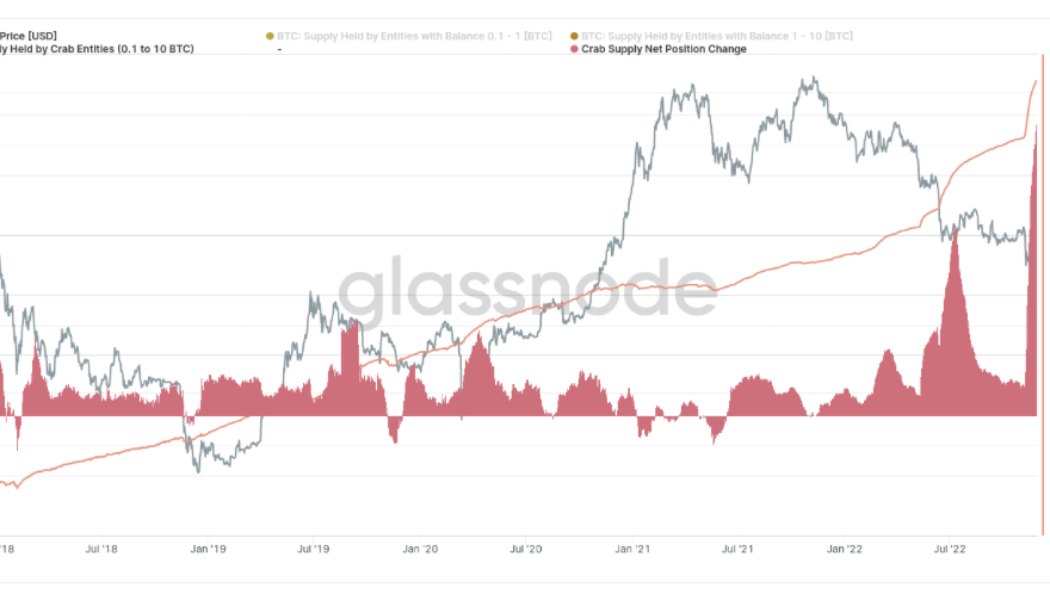Retail
Binance SWIFT banking partner set to ban USD transfers below $100K
Binance stressed that credit and debit card payments will continue to be accepted and that non-USD bank transfers would still be processed through the SWIFT payment system. News Own this piece of history Collect this article as an NFT Binance has informed its retail customer base of a potential incoming service disruption that may halt on and off-ramp bank payment transfers. The service disruption will impact users of U.S Dollar-held bank accounts that are looking to buy or sell cryptocurrencies for less than $100,000 via the SWIFT payment system. The disruption will take effect on Feb. 1. Binance announced the news to its “Binancians” by email on Jan. 21, stressing that they’re now “actively seeking” a new SWIFT (USD) partner to avoid service disruptions for future bank payment transfers....
Australian Music Retailer Sanity to Close Its Physical Stores
BRISBANE, Australia — It’s closing time for Sanity, the once-great Australian music retail specialist which confirmed it would close all its bricks-and-mortar stores in the coming months. In a statement issued Wednesday (Jan. 4), Sanity announced plans to close its remaining 50 stores by the end of April 2023, in line with the lease expiry of each outlet. It’s a sad end to a music and entertainment chain which, like so many brands in the business of racking physical soundcarriers, has been left behind as consumers move to streaming platforms. “With our customer shifting to digital for their visual and music content consumption, and with diminishing physical content available to sell to our customer, it has made it impossible to continue with our physical stores,” explains Sanity CEO and ow...
Hong Kong brokers line up for SFC approval ahead of new virtual asset trading legislation
Financial services providers in Hong Kong are already taking the first steps to provide services to retail investors, according to local reports. Brokers and fund managers in the region have reportedly asked for advice on licensing requirements ahead of new legislation. Lawmakers in Hong Kong passed an amendment to the Anti-Money Laundering and Counter-Terrorist Financing Ordinance (AMLO) in December 2022, which aligns with the region’s recent stance on broadening the possibility for crypto trading. The amendment introduces a new licensing scheme for virtual asset service providers, which will allow retail investors the ability to trade in virtual assets. Currently, virtual asset trading is restricted to professional investors or traders with proof of at least $1 million in bankable assets...
Non-whale Bitcoin investors break new BTC accumulation record
Some non-whale Bitcoin (BTC) investors seem to have had zero issues with the cryptocurrency bear market as well as fear, uncertainty and doubt (FUD) around the fall of FTX, on-chain data suggests. Smaller retail investors have turned increasingly bullish on Bitcoin and started accumulating more BTC despite the ongoing market crisis, according to a report released by the blockchain intelligence platform Glassnode on Nov. 27. According to the data, there are at least two types of retail Bitcoin investors that have been accumulating the record amount of BTC following the collapse of FTX. The first type of investors — classified as shrimps — defines entities or investors that hold less than 1 Bitcoin, $16,500 at the time of writing, while the second type — crabs — are a category of addresses h...









